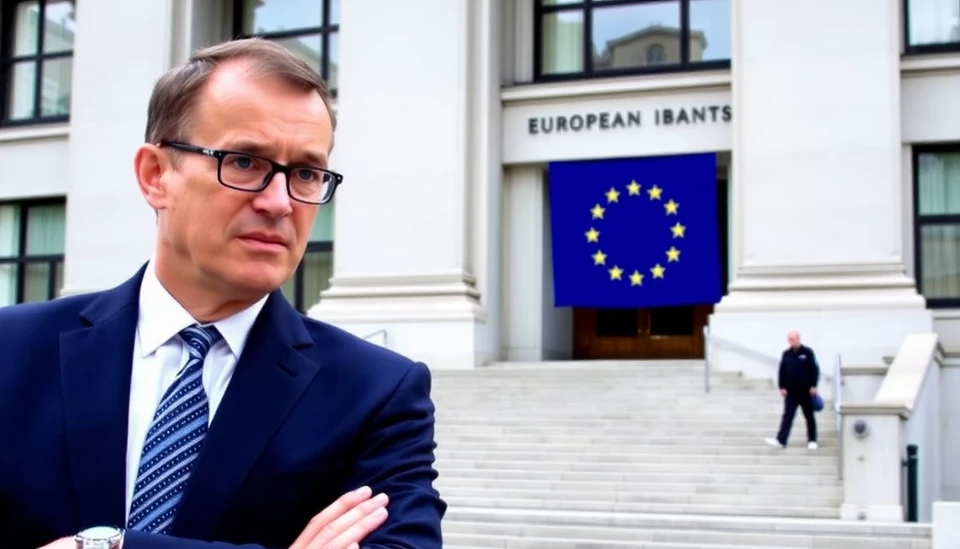
In a significant shift in monetary policy, the European Central Bank (ECB) has hinted at the likelihood of reducing interest rates to as low as 2% by the summer of 2025. This development comes from ECB board member François Villeroy de Galhau, who emphasized that such a move would be beneficial given the current economic climate.
Villeroy's comments were made during an interview where he highlighted the economic challenges facing the Eurozone, including sluggish growth and persistent inflation that have left citizens and businesses feeling the pinch. His assertion reflects a broader strategy within the ECB to stimulate economic activity while combating inflation, which has proven to be stubbornly high despite previous efforts to rein it in.
The announcement, which has sent ripples through financial markets, suggests that the ECB is shifting its approach as it navigates a complex economic landscape. Villeroy argued that lowering rates could help revive investment and consumer spending, both of which are essential for sustaining economic recovery.
While some economists have expressed skepticism about the sustainability of this strategy given recent inflationary pressures, Villeroy remained optimistic, stating that the eurozone had the necessary tools to address these challenges. He pointed out that recent indicators suggest a potential stabilization of prices, which could pave the way for a more accommodative monetary policy.
Markets responded positively to Villeroy’s remarks, with analysts predicting that lower interest rates could enhance borrowing conditions for both businesses and consumers. This, in turn, could stimulate economic growth in the longer term. However, concerns linger about the timing and extent of such cuts, as inflation remains a central concern for policymakers.
The ECB’s reflection on rate cuts comes at a critical juncture as central banks worldwide grapple with the balancing act of fostering growth while keeping inflation in check. Villeroy's forecast might represent a turning point for the eurozone economy, providing much-needed relief in an environment characterized by uncertainty and risk.
As the summer of 2025 approaches, all eyes will be on the ECB and its decisions regarding interest rates, with many stakeholders eager to understand how the bank plans to navigate these turbulent economic waters. The outcome will significantly impact markets, consumers, and the broader European economy.
In conclusion, Villeroy's statements signal a pivotal reassessment of the ECB's monetary policy strategy, with potential rate cuts on the horizon that could reshape economic conditions across the Eurozone.
#ECB #InterestRates #MonetaryPolicy #Economy #Inflation #FrançoisVilleroy
Author: Laura Mitchell




